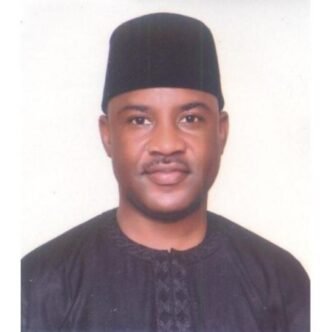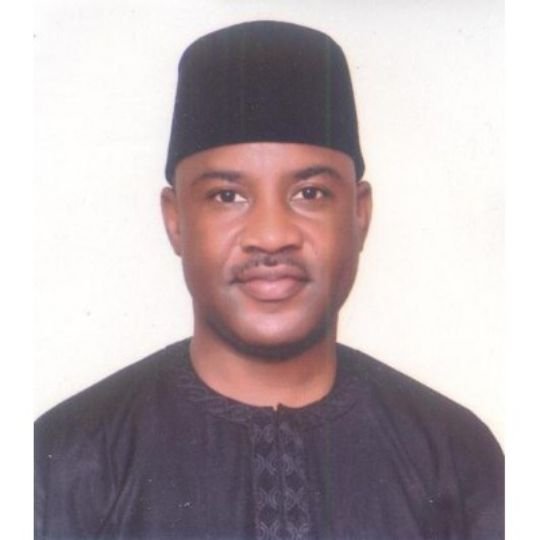HB: 682
A BILL FOR AN ACT TO ALTER THE CONSTITUTION FEDERAL REPUBLIC OF NIGERIA 1999 (AS AMENDED) TO INCREASE THE NUMBERS OF THE JUSTICES OF THE SUPREME COURT AND COURT OF APPEAL IN NIGERIA RESPECTIVELY AND FOR RELATED MATTERS Bill Sponsor: Hon. Bello Kaoje Bill Progress: Committee Stage
This Bill seeks to amend Sections 230(2) b and 237(2)b of the Constitution of the Federal Republic of Nigeria 1999 (as amended) by increasing the numbers of the Judges of the Supreme Court from 21 to 45 and judges of Court of Appeal in Nigeria from 49 to 99, respectively.
In recent discussions surrounding the judicial system in Nigeria, a significant proposal has emerged from the House of Representatives: HB 682. This bill seeks to amend the Constitution to increase the number of Justices on both the Supreme Court and the Court of Appeal. The rationale behind this legislative initiative is multi-faceted, primarily aimed at addressing the growing concerns regarding case backlogs and the overall efficiency of the judiciary.
The Nigerian legal system has, for several years, grappled with an alarming backlog of cases. This issue has hampered the timely delivery of justice, resulting in prolonged waiting periods for litigants. Increasing the number of Justices is seen as a potential remedy to this systemic problem. Proponents argue that an expanded judicial bench would facilitate a more expeditious hearing and resolution of cases, thus contributing to the efficiency of the judiciary.
However, the path to amending the Constitution is fraught with challenges. In Nigeria, constitutional alterations require a high degree of consensus from both legislative houses and the state assemblies. Specifically, a two-thirds majority vote is essential in both the House of Representatives and the Senate. This means that a significant level of bipartisan support is crucial for HB 682 to advance through the legislative process.
Once passed by both the House and the Senate, the bill would then need the ratification of at least two-thirds of the State Houses of Assembly. This multilayered approval system is designed to ensure that any amendments to the Constitution reflect a national consensus and consideration. The requirement underscores the weighty nature of the changes being proposed and the importance of safeguarding the integrity of the Constitution.
Furthermore, the demand for increased judicial capacity cannot be entirely divorced from the evolving complexity of legal matters in Nigeria. As the society progresses, the legal landscape has become more intricate, with increasing numbers of cases arising in areas such as commercial law, human rights, and alternative dispute resolution. A larger panel of Justices could enhance the capacity of the courts to handle this growing diversity in legal challenges, thereby ensuring that the justice system remains robust and responsive to contemporary needs.
The proposal has garnered mixed reactions from various stakeholders in the legal and political arenas. Advocates of HB 682 argue that increasing the number of Justices is essential for a fair and efficient judicial process. They stress that a more substantial judiciary could distribute the workload more evenly among Justices, leading to reduced pressure and the possibility of more judicious deliberation on cases.
On the other hand, critics caution against what they perceive as a piecemeal approach to judicial reform. Some legal experts suggest that merely increasing the number of Justices does not address the underlying systemic issues within the judiciary, such as inadequate funding, insufficient infrastructure, and the need for comprehensive judicial reforms. They contend that a holistic approach, which includes training, support, and better resources for existing Justices, is crucial for any meaningful improvement in the justice delivery system.
To track the progress of HB 682, stakeholders are encouraged to utilize several resources. The official website of the National Assembly of Nigeria often contains up-to-date information about legislative activities, including a section dedicated to bills currently under consideration. Websites like the Policy and Legal Advocacy Centre (PLAC) also provide valuable insights into the legislative process, offering user-friendly updates on significant bills.
Moreover, prominent Nigerian news outlets that cover political developments often report on key legislative changes and developments, making them a reliable source for understanding the implications of HB 682 as it undergoes scrutiny. Involvement of the public and civil society organizations in monitoring the bill’s progress is crucial, as it fosters transparency and accountability.
As discussions about HB 682 continue, the important role of the judiciary in upholding democracy and protecting citizens’ rights cannot be overstated. Strengthening the judicial system is a vital step toward ensuring social justice and reinforcing the rule of law in Nigeria.
While the bill’s proponents hope for a swift passage, the realities of legislative negotiations often introduce delays and amendments along the way. The engaging dialogue around HB 682 highlights the need for collaborative efforts among lawmakers, legal practitioners, and civil society to genuinely enhance the efficiency and fairness of Nigeria’s judiciary.
In conclusion, HB 682 represents a significant moment in Nigeria’s legislative journey concerning judicial reforms. By aiming to increase the number of Justices in the Supreme Court and Court of Appeal, the bill seeks to address pressing issues within the judicial system. Whether it ultimately succeeds will depend on the political will, public engagement, and a broader commitment to creating a judiciary that can meet the demands of a changing society. It remains to be seen how this bill will evolve, but its potential impact on Nigeria’s legal landscape is certainly deserving of close attention and analysis.













